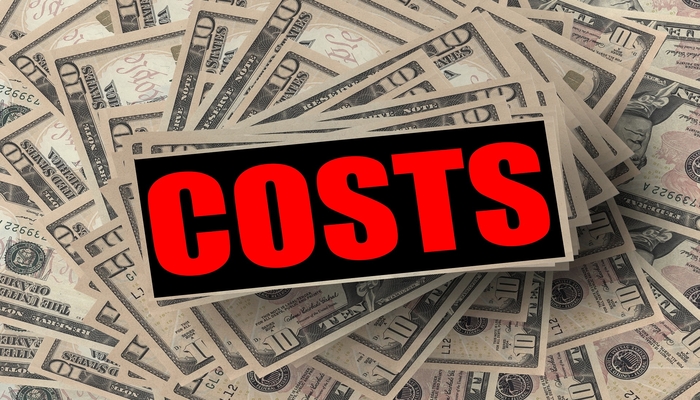Proper heater care and wise purchases can assist you to lower the high costs of heating your home. That’s excellent news considering that energy bills-which are already traditionally high-are anticipated to continue to climb up. In truth, a recent short article in USA Today reported that homeowners usually will see a 25.7 percent increase in heating expenses compared to a year ago.
To lower heating expenses, experts say that the energy effectiveness of your heater is very essential. According to Jim Miller of Amana brand name heaters, “Homeowners don’t have much control over the price of natural gas, but they can take steps to decrease the impact of home heating costs.” He provides these tips:
1. Has Your Furnace Checked? “If you have not already done so this year, have a licensed HVAC contractor inspect your furnace now,” Miller highlighted. “He can perform a security assessment and clean your heating system so that it runs as effectively as possible.”
2. When Buying a New Furnace, Choose High-Efficiency. A furnace’s effectiveness is suggested by its Annual Fuel Utilization Efficiency percentage, or “AFUE,” a measurement developed by the U.S. Department of Energy. The greater a heater’s AFUE, the more efficient it is. “Furnaces older than 15 years run at performances of approximately 60% AFUE. This implies that for each dollar invested in heating expenses, only 60 cents really helps warm your home, while the staying 40 cents is wasted.
“If you were to change that 60% AFUE heater with a high-efficiency unit, such as the Amana brand AMV9 96% AFUE Variable-Speed Furnace, you would get 96 cents worth of warmth for every single dollar you spend toward heating your house,” stated Miller.
He included that heating systems with a variable-speed blower are even more effective because the blowers typically require up to 75 percent less electricity than a standard motor. In addition, a furnace’s blower also works with the house’s cooling system, suggesting customers experience increased efficiency year-round.
3. Examine Tax Credits for High-Efficiency Furnace Purchases. Thanks to the Energy Policy Act of 2005 (EPACT), homeowners who buy heaters with an AFUE of 95% or greater in 2006 and 2007 may get approved for a tax credit of $150. And if that heater uses a variable-speed blower, they might receive an extra $50 tax credit.
Proper heater care and wise purchases can help you minimize the high costs of heating your home. To decrease heating costs, specialists say that the energy performance of your furnace is incredibly essential. A heating system’s performance is suggested by its Annual Fuel Utilization Efficiency percentage, or “AFUE,” a measurement established by the U.S. Department of Energy. Thanks to the Energy Policy Act of 2005 (EPACT), property owners who purchase heaters with an AFUE of 95% or greater in 2006 and 2007 might certify for a tax credit of $150.



